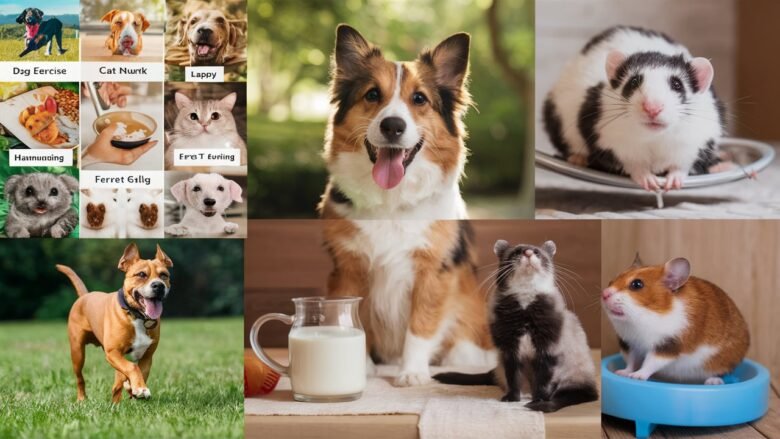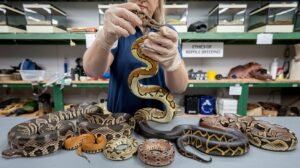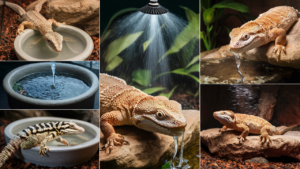Caring for pets requires understanding their specific needs, ranging from exercise and nutrition to grooming and health maintenance. This article explores the essential elements for the well-being of dogs, cats, ferrets, and hamsters. We delve into the benefits of dog exercise, tailored nutrition plans for cats, ferret grooming schedules, and health maintenance practices for hamsters.
The Benefits of Dog Exercise
Dog exercise offers numerous health benefits for both pets and their owners. Engaging in regular activities like walking and playing promotes physical fitness, reduces obesity risk, enhances mental stimulation, and cultivates a stronger bond between humans and their canine companions. Studies suggest that dogs require at least 30 minutes of moderate exercise daily to maintain optimal health. Furthermore, dog ownership has been linked to increased community engagement, promoting social interactions through activities like dog parks and group walks, further enhancing overall well-being for both parties involved.
Crafting Balanced Nutrition Plans for Cats
Tailored nutrition is crucial for feline health, ensuring balanced meals that meet specific needs. Commercial diets like Science Diet provide essential nutrients, while life-stage nutrition adaptively addresses different life phases. Quality food is identifiable through ingredients. Hydration is vital; fresh water should be available at all times. Regularly adjust diets based on health changes and activity levels, keeping your cat’s unique lifestyle in mind for optimal wellness.
Maintaining a Grooming Schedule for Ferrets
Ferrets require regular grooming to maintain their unique skin and coat health; brushing should occur at least once a week to prevent matting. Bathing should be infrequent, as excess cleaning can strip natural oils. Frequent litter box maintenance is essential to maintain their hygiene and prevent odor. During grooming, incorporate exercise and socialization, allowing them to explore, play, and bond. This not only keeps them stimulated but also helps them associate grooming with positive experiences, enhancing their overall well-being.
Ensuring Optimal Health Maintenance for Hamsters
For optimal hamster health, maintain a clean habitat by regularly replacing bedding and sanitizing the enclosure. Offer a balanced diet rich in fiber, fresh vegetables, and grains. Conduct routine health checks, watching for behavioral changes and signs of common illnesses. Ensure the environment is enriched with tunnels, toys, and exercise wheels, promoting natural behaviors while enhancing physical and mental well-being. Monitor weight and fur conditions for early illness detection, fostering a happy and active life for your furry friend.
Conclusions
Proper care and attention to the unique needs of dogs, cats, ferrets, and hamsters can significantly enhance their quality of life. By implementing regular exercise, nutritious diets, grooming routines, and health checks, pet owners ensure their furry companions remain healthy and thriving. Investing time in understanding these needs is essential for fostering strong bonds with our pets.



